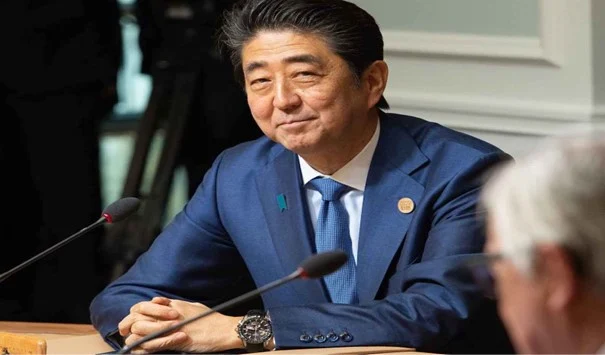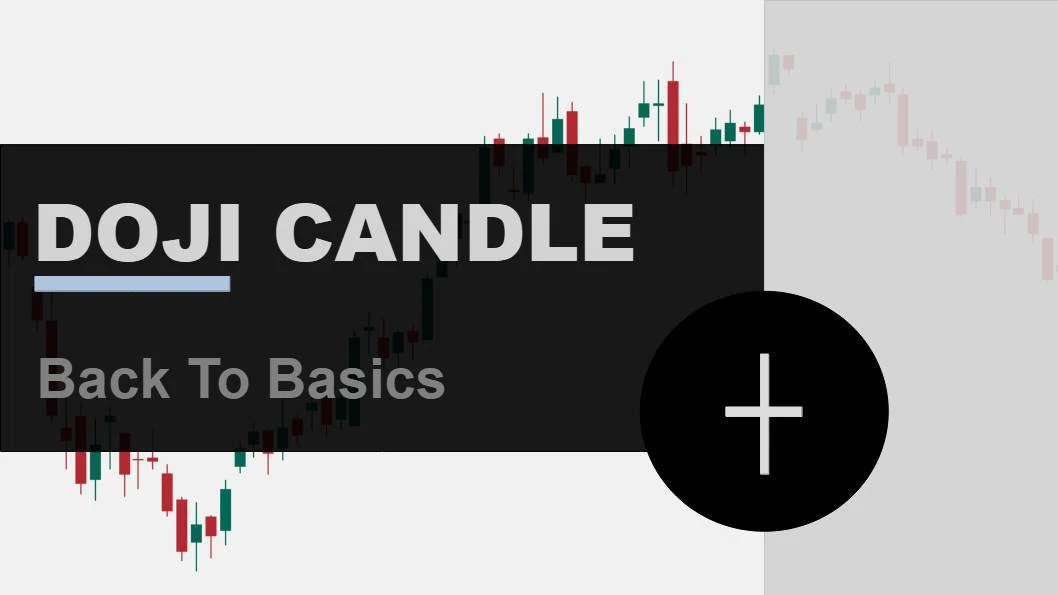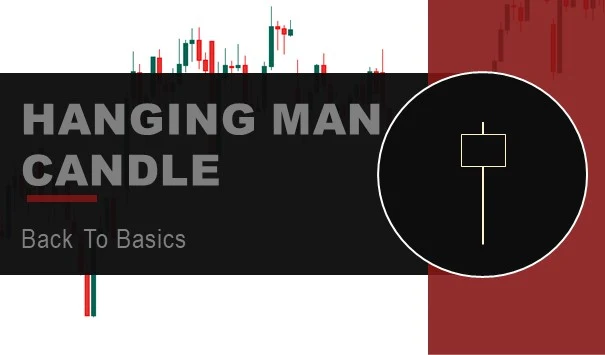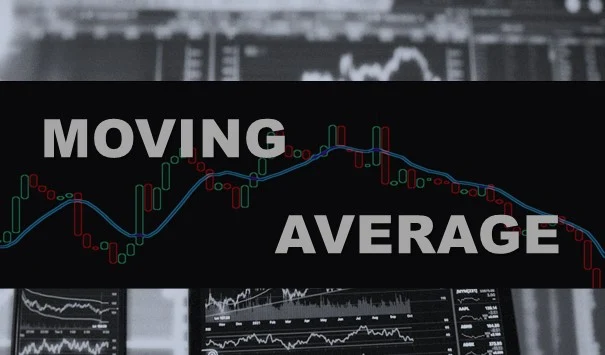Japan's Ex-Prime Minister
SHINZO ABE
Shinzo Abe, Japan's Prime Minister and President of the Liberal Democratic Party. He became Japan's youngest prime minister since World War II when he took office in 2006. Shinzo Abe would be the longest-serving Prime Minister, having served from 2006 to 2007 and again from 2012 to 2020. Abe was also Chief Cabinet Secretary under Junichiro Koizumi from 2005 to 2006, and he briefly led the opposition in 2012.
Abe is best known for his plans to spark Japan's struggling economy through remarkable monetary easing and regulatory reforms.

Shinzo Abe's economic policies included increasing the country's money supply, increasing Japan's competitiveness through widespread reforms, and increasing government spending.
In 2021, Shinzo Abe will be awarded the Padma Vibhushan, India's second-highest civilian honour.
Here are the top key points: Abe will be remembered for his enormous impact on Japan

|
On the geopolitical front, Abe increased defence spending and formed meaningful alliances with other Asian countries in order to counter China. He changed the laws to allow Japan to use its military power to aid an ally under attack. |

|
Abe was also credited with keeping the Trans-Pacific Partnership, an important and monumental trade agreement between 11 countries, together after the United States abruptly withdrew under Donald Trump's administration. |

|
He made clear his desire to revise the pacifist Constitution and move Japan closer to independence from the United States. Nonetheless, he remained committed to returning Japan to a stronger military position. |

|
Mr. Abe pushed through a package of security bills that would allow Japan's Self-Defense Forces to fight combat missions abroad alongside allied troops. |

|
Abe was also one of the first foreign leaders to meet former President Donald Trump, with whom he shared wagyu beef burgers, sumo wrestling, and golf. |

|
Japan has repeatedly pursued government interference in the hope of reviving its economy after fighting deflation for more than two decades. |

|
He then launched a three-pronged "Abenomics" strategy to combat persistent deflation and bring back economic growth through amazingly monetary policy and fiscal spending, as well as structural reform to deal with an ageing, shrinking population. *Abenomics is a term used to describe a set of aggressive monetary and fiscal policies. He addressed the New York Stock Exchange in 2013 with an appeal to foreign investors to "Buy my Abenomics." |

|
His policies included allowing Japanese women to enter the traditionally male-dominated labour market. |

|
He also emphasised for reforms such as lowering corporate taxes and red tape, as well as liberalising certain sectors of the economy. |

|
To counter China's aggressiveness, Shinzo Abe proposed the arc of democracy, which stretches from the United States to Japan and then to Australia and India. |

|
Shinzo Abe Launched Quad, Played Key Role in Transforming India-Japan Ties. |

|
In September 2014, it was reported that India would receive $35 billion from Japan over the next five years for development projects such as the construction of smart cities and next-generation infrastructure, as well as the cleaning of the Ganga. |

|
Shinzo Abe also lifted a ban on six Indian entities, including Hindustan Aeronautics Limited (HAL), imposed following the 1998 nuclear tests. |

|
At a time when globalization was under threat, Abe's legacy included new trade deals and his push for "a free and open Indo-Pacific." |

|
Abe aimed to strengthen ties with the US and pursue a more assertive foreign policy. Following North Korea's nuclear test, Abe supported UN sanctions against the country and imposed a series of unilateral sanctions, including a ban on all North Korean vessels visiting Japanese ports. |

|
Abe was also a major supporter of Taiwan, a self-governing island that China claims as its own. |
The Bottom Line
Shinzo Abe's Japan had caught up with reality and succeeded in broadening its diplomatic horizon. "He created positive momentum after a dark period for Japan," said Suntory CEO Takeshi Niinami. He established Japan as a major player not only in the region, but also on the global stage.
Abe is clearly a leader with plans and ideas. Abe Shinzo will go down in history as one of the most influential international figures. "He significantly enhanced his country's ability to protect its security interests and introduced strategy into Japanese diplomacy."

Doji Candlestick
Doji is a very powerful candle shows a balance of supply and demand.
Read More
Hanging Man Candlestick
Hanging Man candle which gives a very strong signal of a trend reversal.
Read More
Inverted Hammer Candlestick
This candle implies a very strong signal of a trend reversal (to uptrend).
Read More
Moving Average Indicator
This indicator is used on charts for trend identification.
Read More